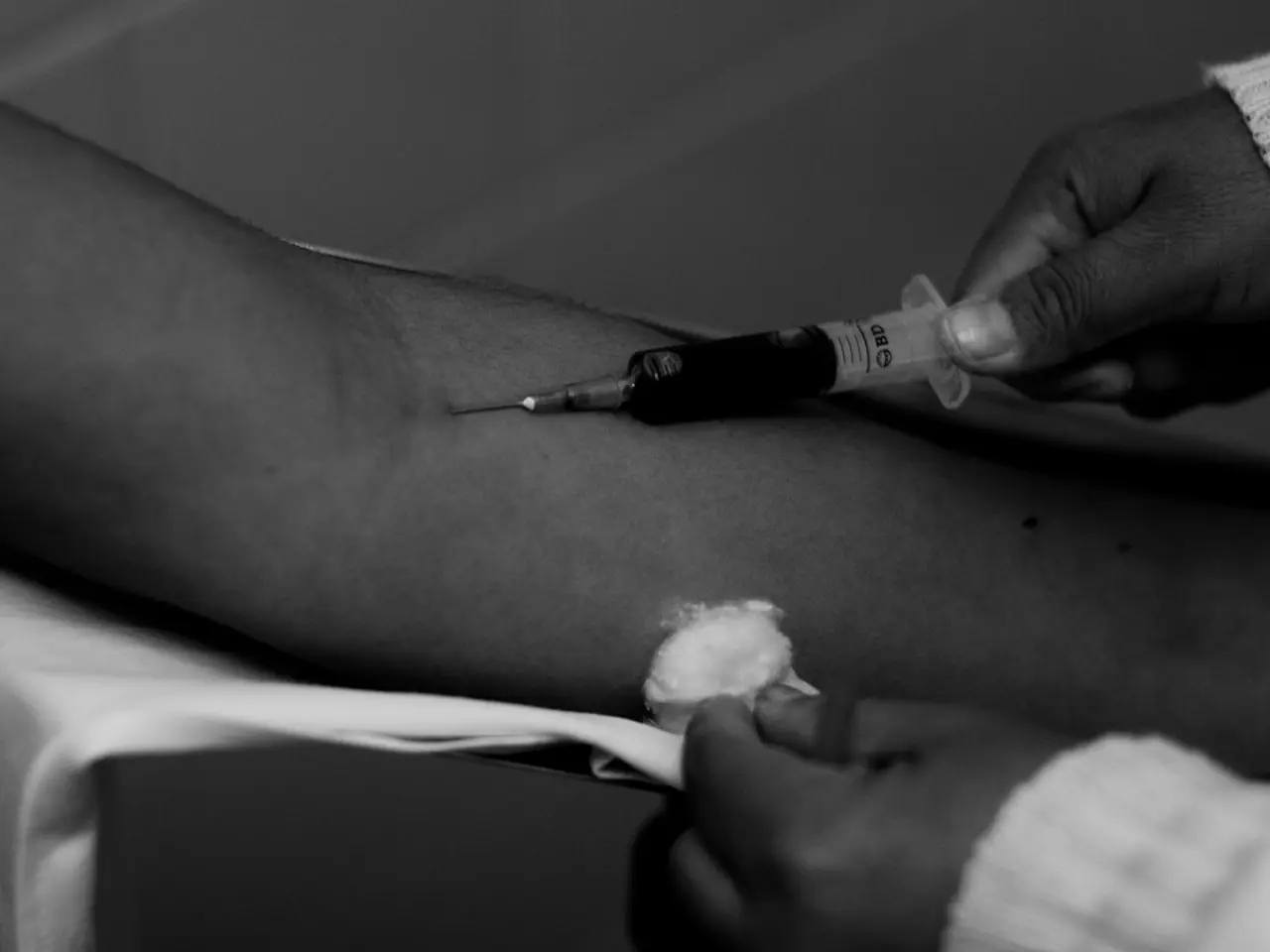Organ Donation Register Shows Mixed Results and Age-Related Trends
Almost three hundred thirty thousand entries found within the organ donor database
After more than a year of operation, the Organ Donation Register has recorded over 330,000 entries. In 90% of cases, individuals have consented to organ donation post-mortem, as reported by the Federal Institute for Drugs and Medical Devices in Bonn.
Among the registered individuals, nearly 84% are fully in favor of organ donation. Approximately 6% have specific restrictions, such as on certain organs or tissues. Just under 1% have set limits on the organs they wish to donate. Organs like the liver and kidneys are most frequently approved for donation.
On the other hand, a considerable 7.4% have expressed opposition to donation, while 1.6% have delegated the decision to another person in the event of their death.
It's interesting to note some age-related trends. Older individuals, particularly those over 80, exhibit the highest rate of opposition to organ donation, with nearly 19% having reservations. In comparison, less than five percent of individuals under 40 oppose organ donation. Meanwhile, younger people, mainly those under 30, frequently have restrictions on various organs or tissues, with one in ten excluding certain ones.
Demographics, psychosocial factors, religious beliefs, culture, and education play crucial roles in shaping organ donation attitudes. Younger individuals tend to be more influenced by family history, educational exposure, and discussions about organ donation, while older people are more likely to be affected by personal or family health experiences [1][3].
Cultural and religious beliefs can act as deterrents, particularly in older populations, with concerns related to fate, afterlife, and traditions playing a more significant role [1][4]. Psychological barriers, such as fears about health risks, pain, and mistrust of medical systems, affect both age groups differently [1][3].
Family opinions and involvement also play a crucial role, though older individuals tend to weigh family considerations more heavily due to fears that their family may oppose donation or not respect their wishes [3][4]. On the other hand, younger individuals may be influenced by peer groups, school-based discussions, and family history [1].
Both age groups can be motivated by altruism, although younger people might have a less detailed understanding of the benefits [3]. Older adults often view organ donation as an opportunity to benefit family members and future generations, especially in marginalized communities [3].
Common misconceptions, such as the belief that hospital staff might not try as hard to save registered donors or concerns about donor or family costs, can deter registration regardless of age [2]. It's essential to address these myths through public education [2]. Despite common assumptions, age is not a limiting factor medically; anyone in good health condition can donate [2].
Source: ntv.de, AFP
[1] Kvaale, I., & Andersson, J. (2008). Generation matters: A cohort study about population attitudes to deceased organ donation. Social Science & Medicine, 66(11), 2181-2190.
[2] Khosla, P., & Khosla, R. (2018). Myth-busting misconceptions about organ and tissue donation: a survey of medical students and consultants at a tertiary care hospital. Journal of the Pakistan Medical Association, 68(7), 1027-1032.
[3] Lundy, G., & Rees, J. (2013). Exploring European attitudes towards organ donation. Journal of Health Psychology, 18(6), 776-782.
[4] Ott, F. M., Mattes, T., Römer, T., & Lutz, T. U. (2010). Which factors drive organ donation consent? Results from a European and US survey. Journal of Medical Ethics, 36(3), 141-146.
The European Parliament and the Council should consider implementing education programs focusing on the benefits of organ donation and addressing common misconceptions, particularly in older populations where cultural and religious beliefs, personal health experiences, and family considerations often act as deterrents. In the domain of health-and-wellness, science and therapies-and-treatments could play a crucial role in developing safer and more effective nutritional strategies that encourage lifestong organ health, thereby increasing the pool of eligible organ donors and positively influencing attitudes towards organ donation among various demographic groups.







